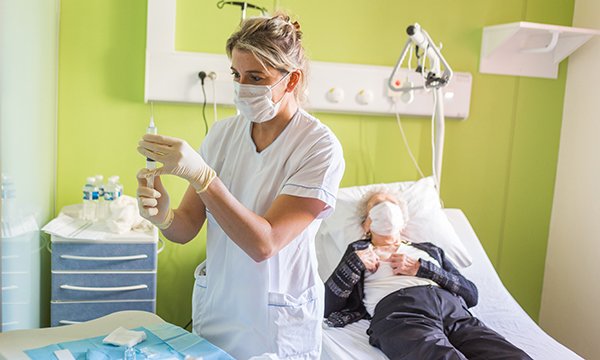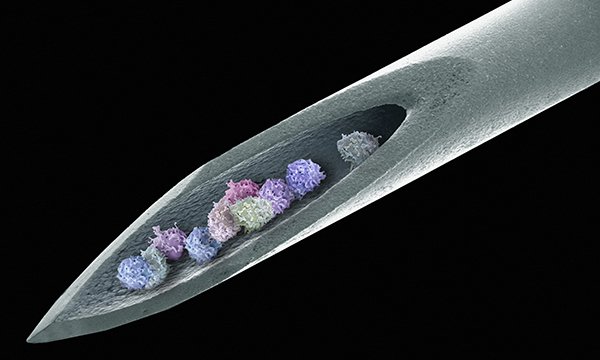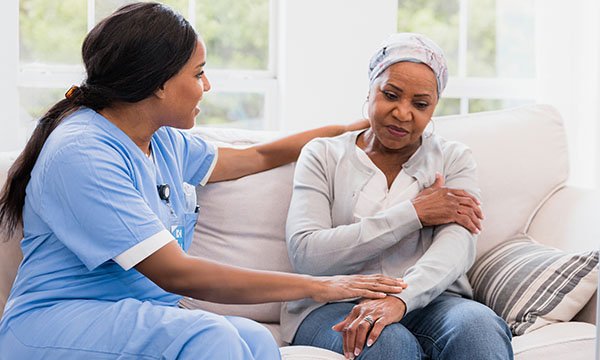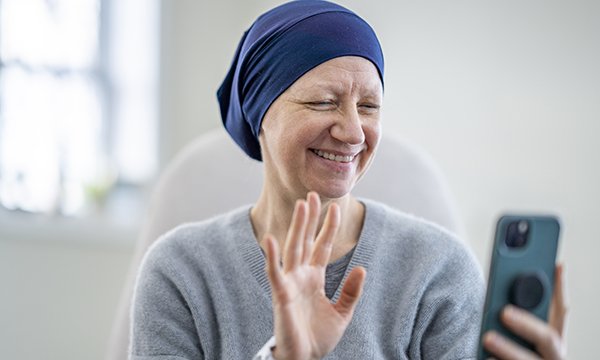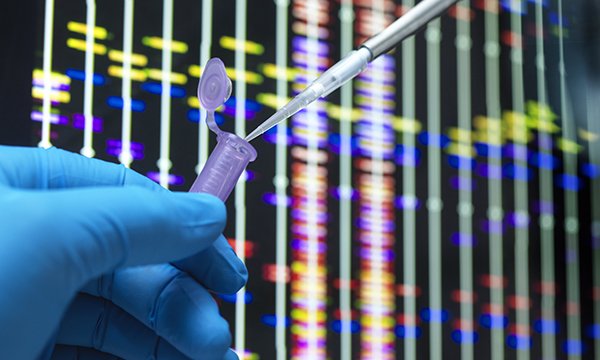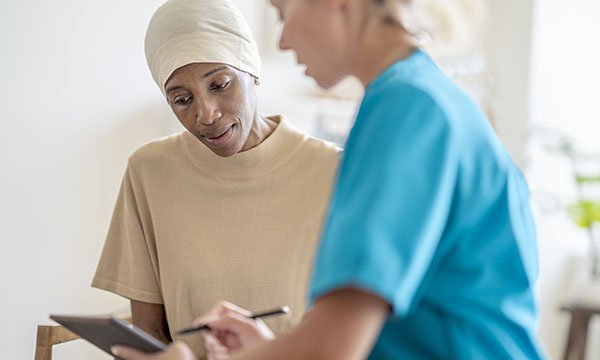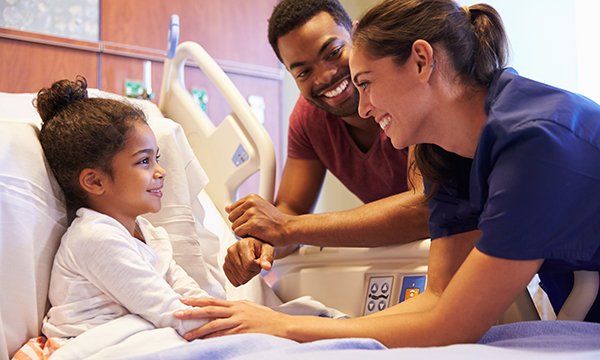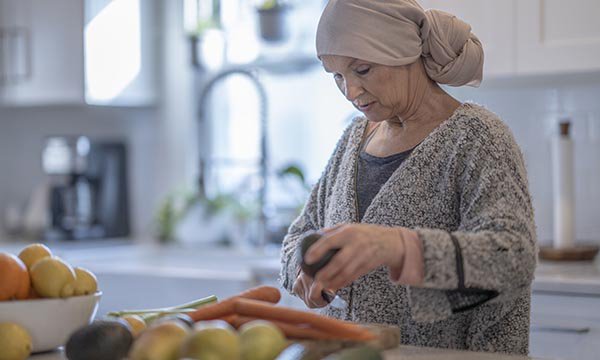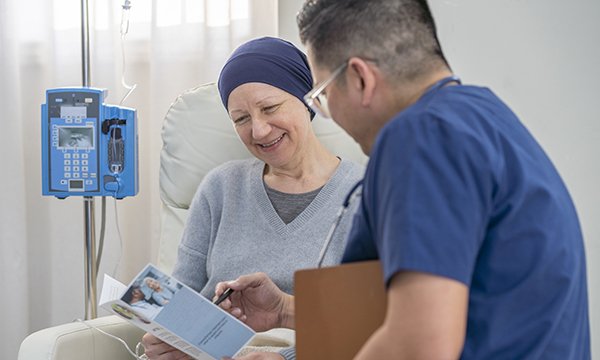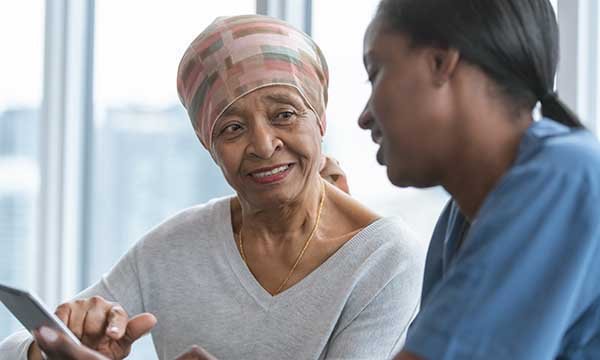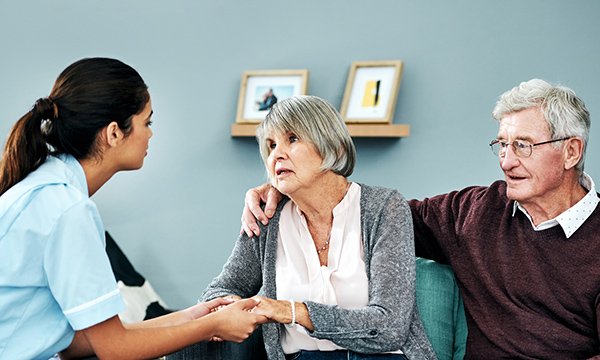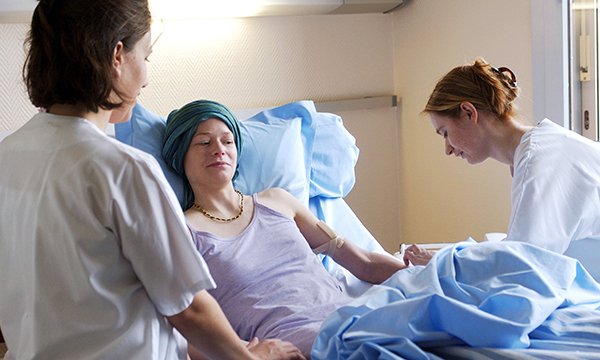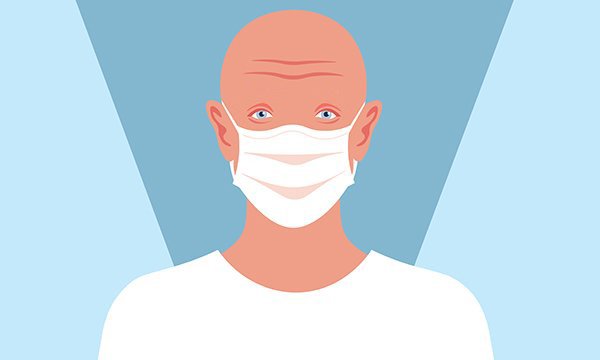Evidence and Practice
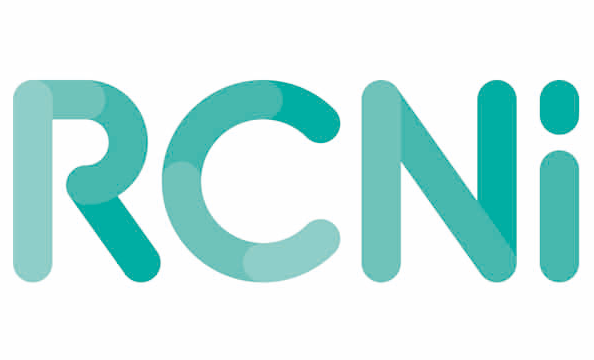
Cancer genomics: assessing nurses’ knowledge, confidence and training needs
Challenges and opportunities for cancer nurses in implementing digital health...
Supporting patients who undergo genomic testing for Lynch syndrome
Clinical
Cancer genomics: assessing nurses’ knowledge, confidence and training needs
Why you should read this article: • To enhance your understanding of the growing importance of genomics in cancer care • To read about cancer nurses’ views on, and knowledge of, genomics • To consider cancer nurses’ genomics training needs and what forms training could take Background Advances in genomic medicine in the NHS have had significant implications for cancer care and cancer nursing. However, it is unclear whether nurses and other healthcare professionals responsible for delivering front-line care feel they have sufficient knowledge and confidence in relation to genomics. Aim To assess the level of practice-based knowledge of genomics among UK-based cancer nurses. Method A survey was designed using an online survey platform. The survey reached 474 cancer nurses and 199 of them responded. Data were analysed using the online survey platform, spreadsheets and pivot tables. Findings Respondents reported low confidence in making decisions involving genomics. Only 27% had ordered a genetic or genomic test and only 39% had contacted their clinical genetics team in the past 12 months. Overall, most respondents reported a need to improve their knowledge of genomics. Conclusion There was a clear need to improve knowledge about how to order testing and communicate with specialist genetic teams, as well as to clarify the role of the cancer nurse in this process.
Challenges and opportunities for cancer nurses in implementing digital health...
Why you should read this article: • To learn about digital health technologies that are being developed and piloted in cancer care • To increase your awareness of the barriers to the implementation of digital health technologies • To enhance your understanding of the role of nurses in the digital transformation of the NHS The implementation of digital health technologies (DHTs) in healthcare organisations has increased significantly following the coronavirus disease 2019 (COVID-19) pandemic. As a result, people with cancer – many of whom are older adults – may be prompted to use DHTs more frequently as part of their care, for example for monitoring treatment-related side effects. Nurses have an important role in addressing patients’ needs in relation to the use of DHTs and explaining how they can benefit from them. Nurses can also assist in encouraging patients to use DHTs, in alleviating their fears about privacy and data security and in reducing digital health inequalities. This article outlines some of the opportunities and challenges presented by the use of DHTs and explains how nurses can facilitate the uptake of DHTs in cancer services, working with patients to ensure that these technologies suit their needs and preferences.
Systemic anticancer therapy service redesign
A project is addressing demand for SACT and testing changes such as outreach service delivery
Patient concerns after haematopoietic stem cell transplantation: an evaluation
Importance of holistic assessment of needs post-HSCT and a care plan promoting recovery
Exploring the provision of services to support people with cancer-related pain
A survey showed inconsistent access to services and a need to support staff
Experience of virtual clinics during COVID-19 by patients and healthcare professionals
Patients’ needs should be considered and staff require adequate equipment and training to use it
CPD articles
Supporting patients who undergo genomic testing for Lynch syndrome
Nurses need an understanding of genomics, which is being embedded in diagnostic cancer pathways
Holistic needs assessments: considerations for effective delivery
CNSs and others must work together and teams collaborate so HNAs are available when needed
A guide to the UKONS systemic anticancer therapy competency passport
Advice on the completion, marking and assessment of this SACT competency passport
Supporting preregistration nursing students on specialist cancer practice placements
How nurses can support students’ learning needs and make placements a positive experience for them both
Integrating child-centred and family-centred approaches in children’s cancer nursing
Nurses can use a mix of approaches to tailor care to the needs of the child or young person and their family
Supporting people to manage nutrition throughout their cancer journey
Possible interventions to manage nutrition-related issues and improve quality of life
Practice question
Do we need personalised cancer care in primary care?
By focusing on what matters to patients, personalised care can provide more choice
How can I help people receiving cancer treatments report neutropenic sepsis earlier?
Promoting trusting relationships and using available resources can help conquer patient fear
What is a responsive outpatient cancer service for people with dementia?
Cancer services for people with dementia must be organised, flexible and offer continuity
How should nurses assess and manage pain in a person with cancer?
Exploring the personal meaning of pain for patients can help with support and treatment
Cancer care: how can I ease patient anxiety made worse by COVID?
Tips and advice for nurses caring for people with cancer during the pandemic

